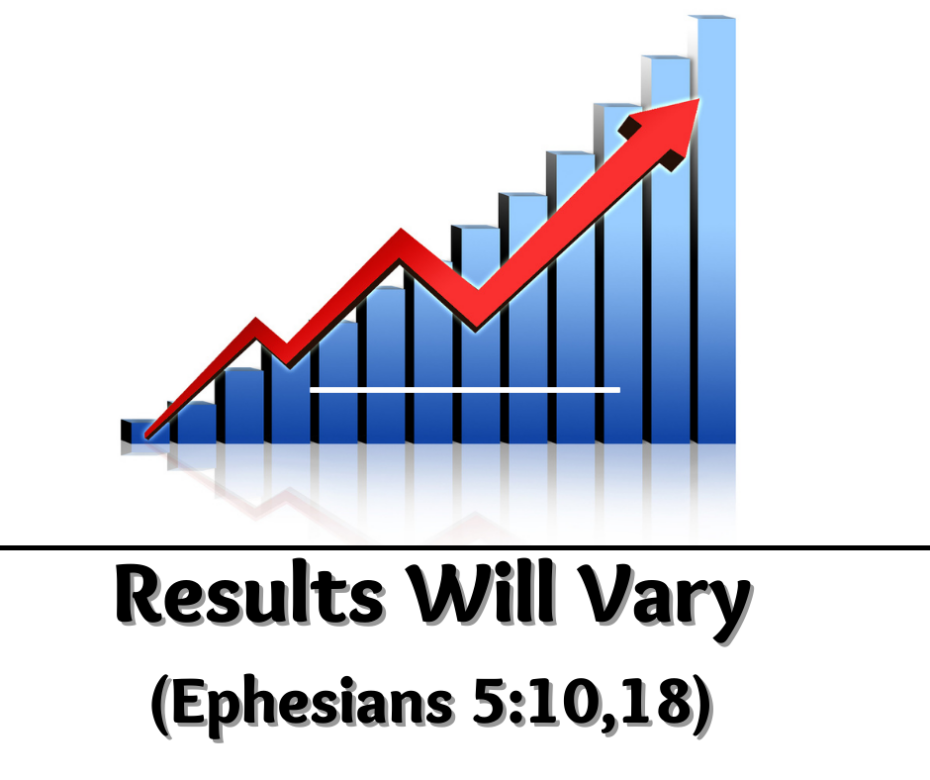I often say one of the hardest things about Christian living is not choosing between right and wrong but between good, better, and best.
How do you know what is the best course of action?
Paul recognized there were no easy answers:
for you were formerly darkness, but now you are Light in the Lord; walk as children of Light (for the fruit of the Light consists in all goodness and righteousness and truth), trying to learn what is pleasing to the Lord (Eph 5:8-10, emphasis added).
The Greek word translated here as trying to learn (dokimazō) means “to judge to be genuine, to judge as good, to approve” (Louw & Nida, Lexicon, p. 363) or “to make a critical examination of someth. to determine genuineness, put to the test, examine” (BDAG, p. 255).
While God gives us general Biblical principles to live by—such as the need to live according to “goodness and righteousness and truth”—they will not give you specific instructions about what to do in any specific situation. Hence, you should test opportunities and critically examine the different actions open to you.
You need to make a judgment call.
For example, imagine if a successful businessman has long felt a call to ministry. He loves his business and his employees. He provides them with a good living. And thanks to his success, he’s also been able to support missionaries, ministries, and his local church. By all accounts, he has a good and fulfilling life that Jesus will one day reward. But is it the best life he could be living? He has felt a call to do full-time ministry but was unsure whether to leave his business. Then one day a position opens at his church for an “executive pastor,” where the ideal candidate would have a background in managing people and budgets, both of which tasks the businessman is not only capable of doing but enjoys doing. The senior pastor has even approached him, suggesting he’d be the perfect candidate. Should he retire from business and take the position? How does he make that choice?
You can imagine him reasoning: “If I stay at the business, I can continue providing for my family, helping my employees, serving my customers, and supporting different ministries.” And all of that is very good. But he could also say: “If I work for the church, I could be a greater blessing to the body, devote all my attention to serving God, and grow in the gifts He has given me. But that would mean taking a big pay cut, and I won’t be able to support the ministries at the same level as before.”
What should he do?
It’s not an easy decision to make, is it?
How do you identify what is good, better, and best? How do you know what is most pleasing to the Lord? You try your best to find an answer by praying and applying Biblical principles. As Beal and Radmacher say, “Only constant attention to the Word and seeking insight through earnest prayer and honest self-examination will grant the believer knowledge of what love truly amounts to in specific human situations” (Radmacher & Beal, Ephesians, p. 203).
So that is one aspect of the Christian life: you’ve got to try.
But then, a few verses later, Paul says something else that speaks to the same challenge:
“making the most of your time, because the days are evil” (Eph 5:16).
You should make the most of your time, which is exagorazō, “to gain someth., esp. advantage or opportunity, make the most of” (BDAG, 343).
Imagine if you went on an expensive vacation to a foreign country—maybe to Israel—and you had one week to explore. Given that opportunity, would you spend the whole week watching TV in your hotel room? I hope not! That would be a waste of your time and opportunity.
Likewise, you should realize that your time and resources in this life are limited, so take advantage of your opportunity to serve the Lord to the best of your ability. Get the most good out of your life as you can. But, of course, Paul’s statement implies you might very well choose to waste your time, perhaps whittling it away with evil days. So be intentional about maximizing your service to the Lord.
Trying to find out what pleases the Lord and making the most of your time are two principles that speak to the possibilities and pitfalls of discipleship. God neither causes nor guarantees good results in your Christian walk. That will depend upon you. And if you do well, God will reward you accordingly.
Results—and subsequent rewards—will vary.


